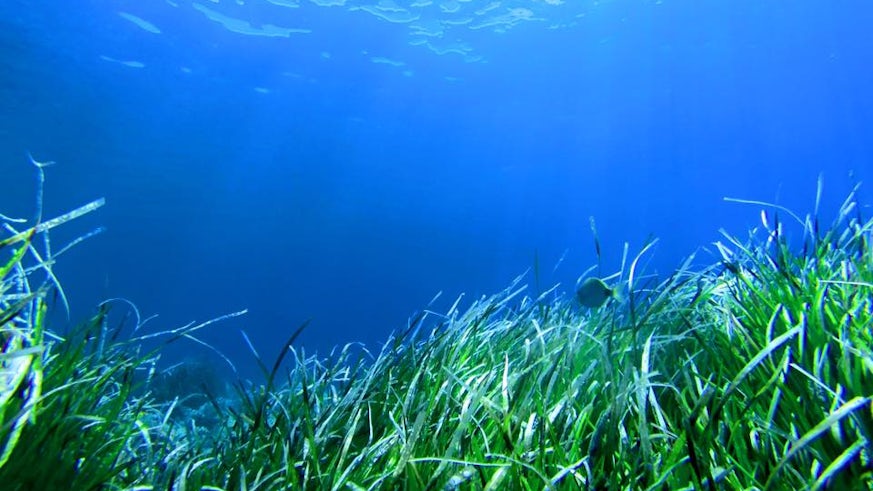Seagrass and Food Security in Indonesia
19 June 2015

A survey conducted by Dr Leanne Cullen-Unsworth here in Sustainable Places has shown the importance of preserving seagrass in Indonesia for the continuity of national food security and export interests of marine fisheries.
Dr Leanne Cullen-Unsworthand Dr Richard Unsworth from Swansea University are part of the Seagrass Ecosystems Research Group who, in collaboration with FORKANI (an NGO in Indonesia) and the Wildlife Conservation Society, have been undertaking research in Wakatobi National Park, Southeast Sulawesi in Indonesia to analyse how the seagrass global ecosystem is being threatened.Surveys of fish catches, as well as interviews with local people found that at least 407 species of fish inhabit seagrass in Indonesia, with 68% of fishing activities in Wakatobi done in the seagrass area. This study has highlighted the importance of the role of seagrass in the provision of food needed every day for the locals in Wakatobi.
Seagrass in Wakatobi and generally in Indonesia has suffered damage due to poor water quality, coastal development and destructive fishing practices. The research has demonstrated the need for seagrass beds to be placed as a top priority on the agenda of conservation Indonesia, not only to protect biodiversity but also to protect national food security and exports of fisheries interests.